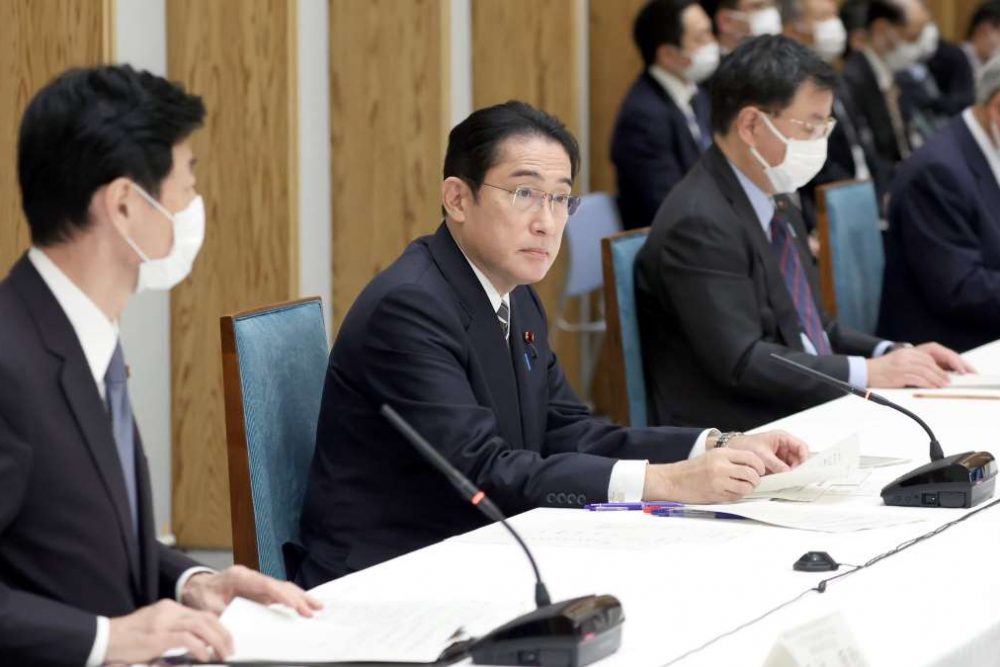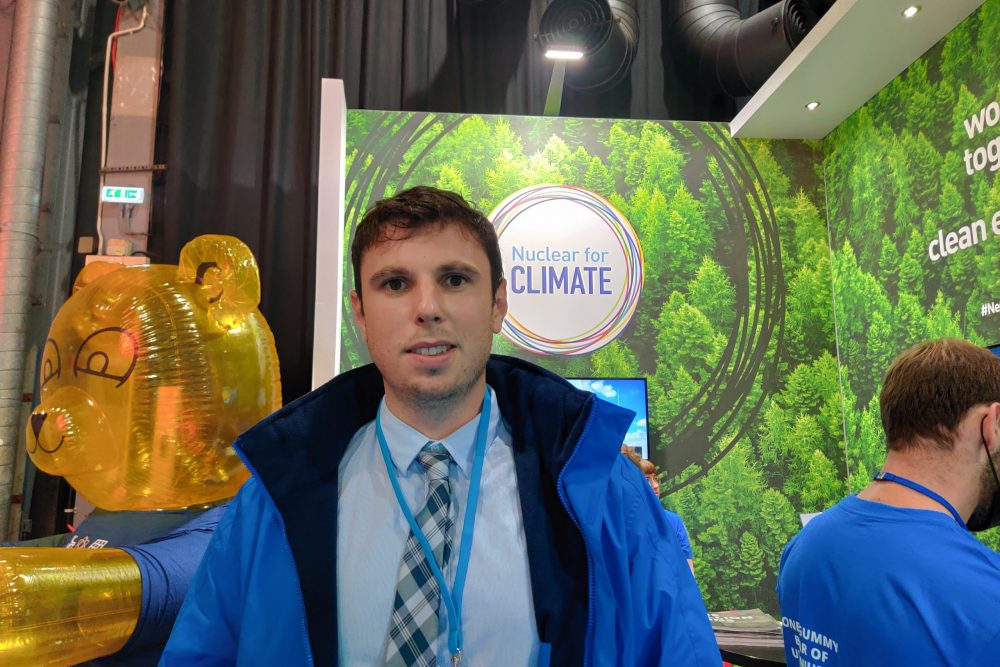G7 Ministers' Meeting in Sapporo: New Commitments and Major Challenges
Environment ministers from the G7 nations made progress on renewables, biodiversity, and plastics, while holding back on a firm date for phasing out coal.
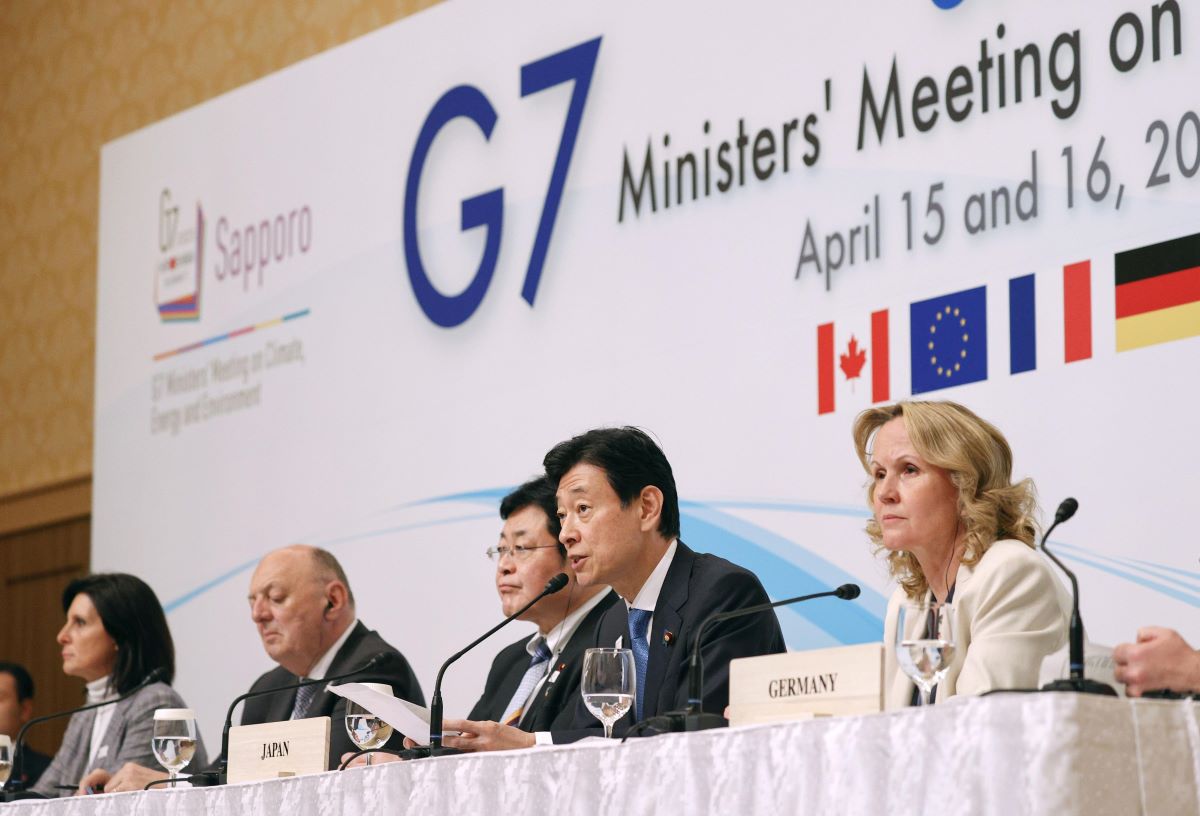
Amid a global energy crisis brought on by the Russian invasion of Ukraine and ongoing war, the climate, energy, and environment ministers from the Group of Seven (G7) nations met in Sapporo on April 15 and 16. The meeting's agenda was undeniably ambitious ー fighting climate change while maintaining energy security. Together or alone, they present a gargantuan challenge.
The two-day meeting was chaired by Japan's Yasutoshi Nishimura, Minister of Economy, Trade and Industry, and Akihiro Nishimura, Minister of the Environment. It brought together delegates from Canada, EU, France, Germany, Italy, Japan, the United States, and the United Kingdom. India, Indonesia, and UAE also participated as guests. The meeting's outcomes were compiled into a lengthy 36-page Communiqué.
So what progress was made by the ministers? And where did they fail to reach agreements? Looking ahead, what should we expect as the G7 summit approaches in May?
Greater Commitment to Renewables
Arguably the meeting's primary accomplishment was a new commitment to renewable energy.
Members pledged to "drastically increase electricity generated by renewable energies". That meant committing to deploying various types of renewable energy, ranging from solar and wind to geothermal and sustainable biomass. For some types, specific targets were also set.
The most notable was a collective increase in offshore wind capacity of 150 gigawatts (GW) by 2030.
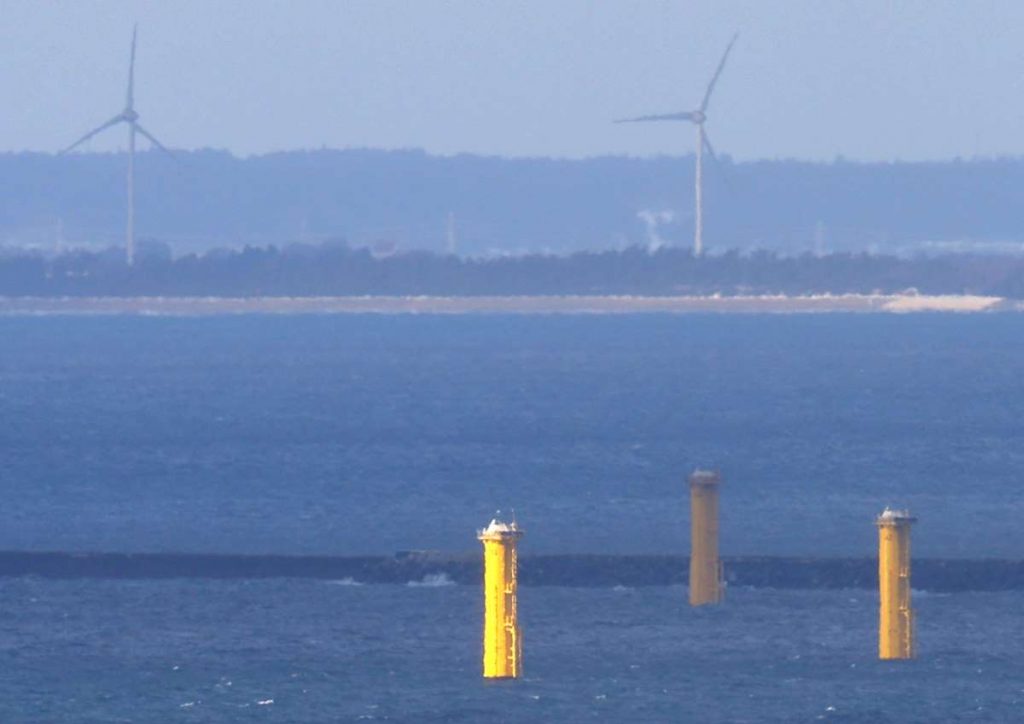
An increase of this scale presents no small feat. According to Statista, global capacity for offshore wind stood at only 63 GW as of 2022, nearly 40% of which was in China.
For Japan, which just got its first large-scale offshore wind farm operating in 2022, contributing to this collective goal before 2030 would require a rapid and massive response. Japan currently aims to reach 45 GW of offshore wind power by 2040. That is up from a mere 135 MW as of 2022.
Delegates also pledged to increase solar capacity to more than 1 terawatt (TW) by the same target year of 2030. This target is perhaps more realistic considering the current capacities of nations.
No Consensus on Coal
Conversely, the Communiqué was less decisive on the phasing out of fossil fuels. Japan resisted committing to a date for phasing out coal-fired power, something several other nations were pushing for.
The compromise was evident in the Communique's wording. "We call on and will work with other countries to end new unabated coal-fired power generation projects globally as soon as possible" (emphasis added).
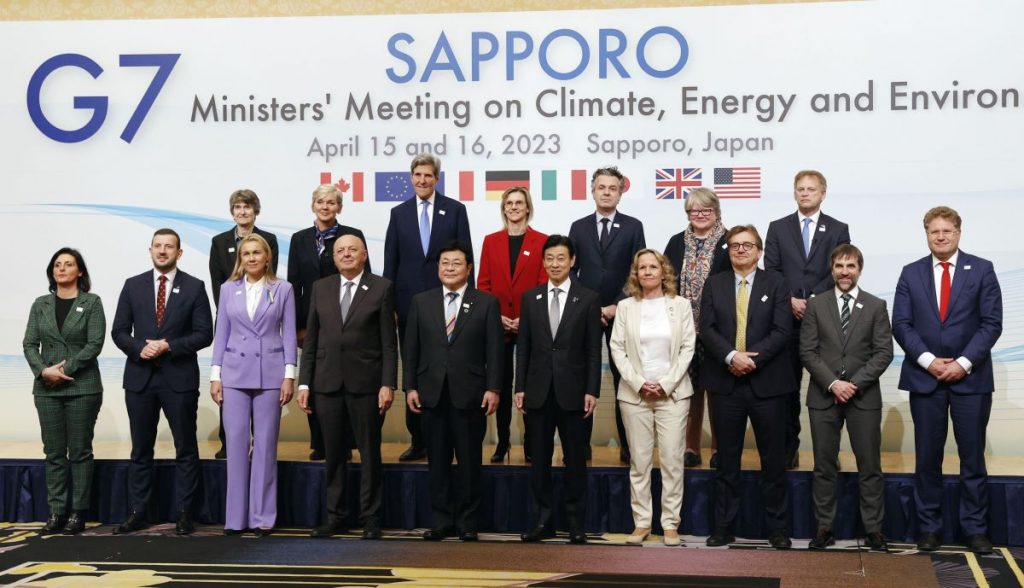
In other words, there was support for not building any new conventional coal-fired power plants. At the same time, nations retained room to maneuver for other types. Of course, "as soon as possible" remains open to interpretation.
Japan has touted the benefits of clean coal, which involves cutting the CO2 emissions of plants by improving efficiency, capturing carbon, and even producing hydrogen. Nevertheless, it will take additional data to demonstrate whether clean coal can deliver in the race to net zero.
'Nature Positive' on Biodiversity
In addition to net zero emissions, the importance of making actions on climate and environment 'nature positive' is increasingly recognized.
The Communiqué promised nations will "take appropriate action in line with Target 15(a) of the Global Biodiversity Framework" toward transitioning to nature positive economies. Target 15 involves governments taking legal or policy measures related to biodiversity risks from businesses. As such, the ministers in Sapporo agreed to establish the G7 Alliance on Nature Positive Economy. It would be in further collaboration with the private sector for knowledge and information sharing.
No new concrete commitments on biodiversity came out of the meeting. However, the members did reaffirm their commitment to the 30 by 30 target. That is where governments agree to designate 30% of their land and sea as protected areas.
Real Progress on Plastics
Plastic pollution plaguing the planet is a related issue. The Communiqué laid out a clear target to "end plastic pollution, with the ambition to reduce additional plastic pollution to zero by 2040."
Japan has been working to reduce plastic waste, enacting a new law designed to curb the use of disposable plastics in April 2022.
It is hoped that this new commitment will further drive policies and actions, both domestically and internationally.
Protecting National Interests
For Japan, protecting national interests, namely energy security, was a priority.
"In the midst of an unprecedented energy crisis, it's important to come up with measures to tackle climate change and promote energy security at the same time," Japanese industry minister Yasutoshi Nishimura was quoted as saying according to Reuters.
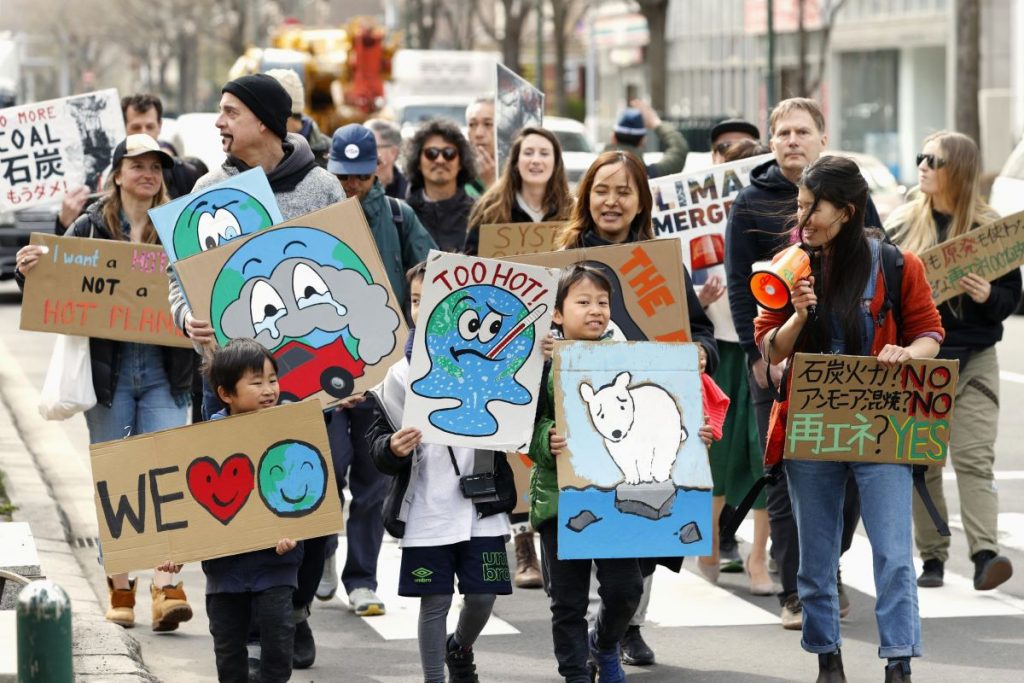
But not everyone was convinced the technology exists to reduce carbon emissions while continuing to rely on fossil fuels. Some environmental groups have called Japan's ambitions far-fetched.
An April 14 joint statement signed by Friends of the Earth Japan and 38 other civil society organizations from around the world condemned Japan for pushing "false energy transition technologies" such as ammonia and hydrogen co-firing.
"As powerful nations, G7 must commit to actions to phase out fossil fuels and ramp up renewable energy," the statement went on to assert.
Proving the technologies is yet another challenge facing Japan if it is to achieve its goal of carbon neutrality by 2050 via a so-called Green Transformation (GX). Next-generation nuclear power is a key component of Japan's GX Roadmap. It is also another example of a technology that, while potentially promising, will require huge investments in development and construction.
With other issues like the war in Ukraine on the agenda for the upcoming G7 summit, the amount of time that will be dedicated to climate and energy is likely to be limited.
Nevertheless, with Japan as host, the ambitious targets set for renewables and the leadership of G7 nations can hopefully turn the tides of UNFCCC COPs, which have stagnated in progress over the last few years.
COP28 is to be held in UAE in November-December 2023, and UAE was notably in attendance in Sapporo.







